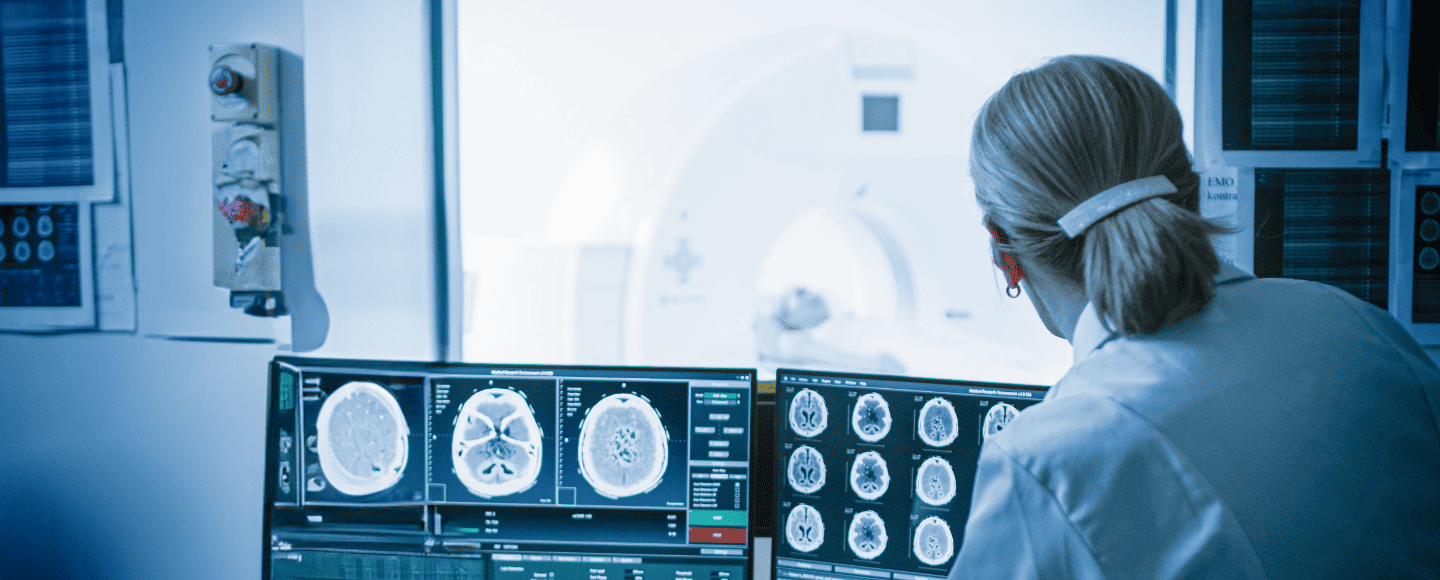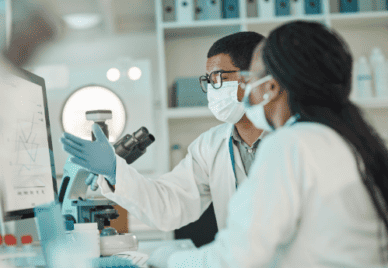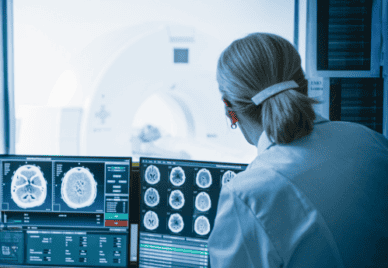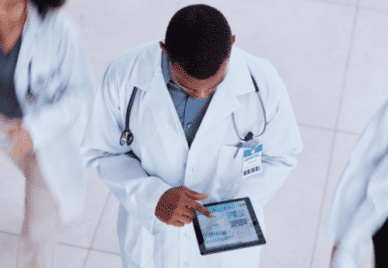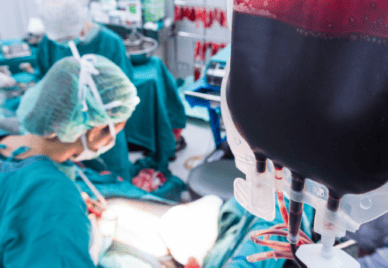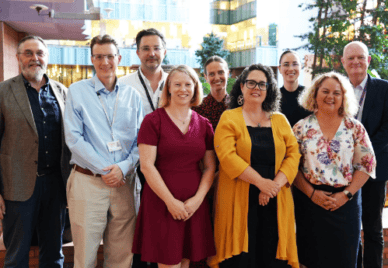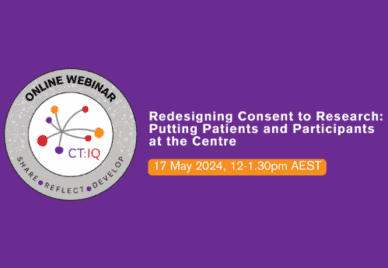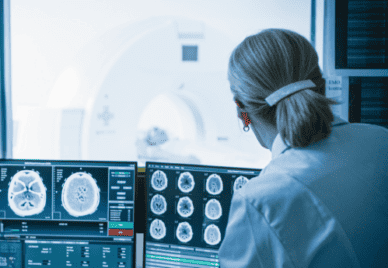People Research Data Commons
About the People Research Data Commons
The ARDC People Research Data Commons (People RDC) is delivering national-scale data infrastructure for health research and translation.
Researchers, innovators and policymakers seek to improve health outcomes for society, and yet the data and digital platforms they need span multiple layers of government, health service operations, health research studies, institutes, facilities and the private sector. The People RDC initiative develops, operates and coordinates national-scale capabilities to support digital health research and translation.

Addressing National Data Challenges
Our Work
Explore the programs and projects we lead under the People RDC:
Get Involved
The ARDC is taking a co-design approach to implementing infrastructure in partnership with stakeholders from all parts of the health system. As a:
Our Impact
We have been supporting world-class health and medical research with real-world impact. Read case studies of some of our efforts, on which we are building the People RDC:
Resources for Researchers
The People RDC builds on the ARDC’s experience working in partnerships to deliver digital research infrastructure for health and medical researchers, which has culminated in a wide range of datasets, free tools and upskilling materials. Explore these resources.

